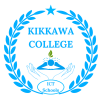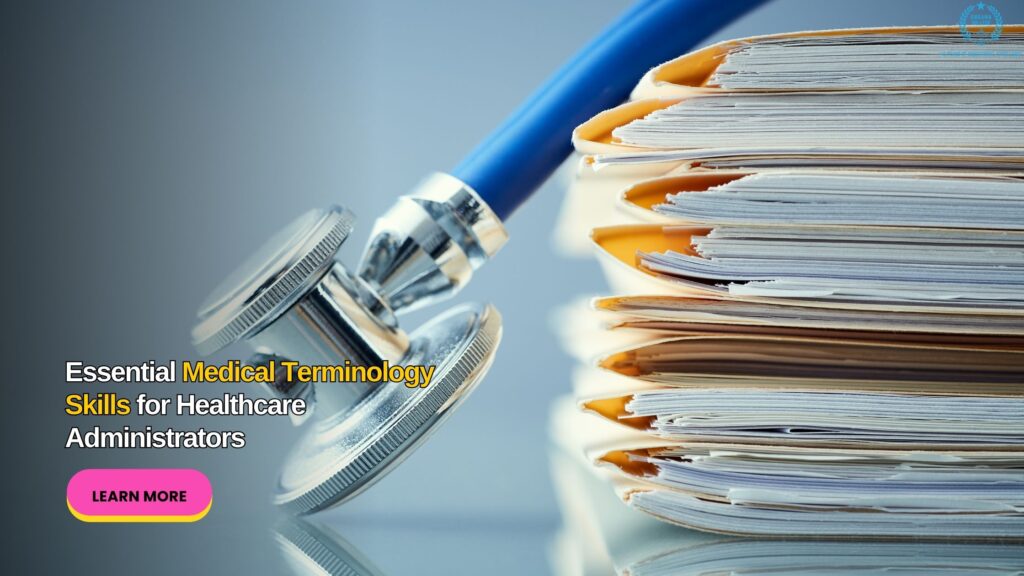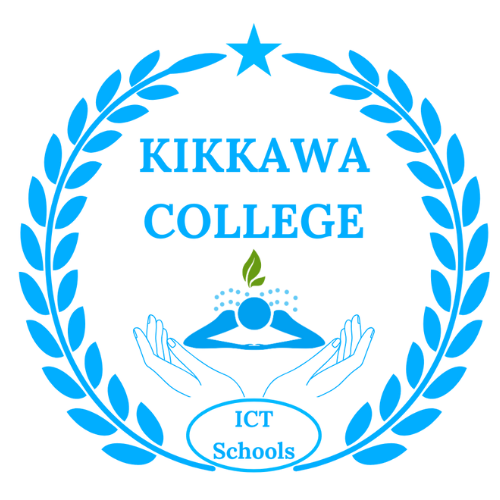The Importance of Medical Terminology in Healthcare Administration
In the fast-paced, high-stakes world of healthcare, precise communication isn’t just helpful—it’s essential. For this reason, a firm understanding of medical terminology is the backbone of the Medical Office Administrator (MOA) role. It is crucial for managing complex patient records, coordinating seamlessly with healthcare providers, and ultimately ensuring the smooth, efficient operation of any medical office. In essence, this knowledge transforms an MOA from a simple scheduler into an integral part of the patient care team.
What is Medical Terminology?
Medical terminology is the specialized language used by healthcare professionals to accurately describe the human body, its functions, diseases, medical procedures, and treatments. Typically, it’s built on roots, prefixes, and suffixes, primarily from Latin and Greek, which create a universal and precise vocabulary. For MOAs, fluency in this language is non-negotiable. As a result, it allows them to accurately interpret and document patient information, understand clinician notes, and communicate effectively with doctors, nurses, and insurance companies, ensuring nothing is lost in translation.
How Medical Terminology Enhances Accuracy and Efficiency
The margin for error in healthcare is极小 (very small). Consequently, incorrect or unclear terminology can lead to serious mistakes: misdiagnoses from poorly documented histories, delayed treatments due to scheduling errors, or claim denials from inaccurate billing codes. By contrast, mastering medical language turns MOAs into powerful guardians against these errors. They ensure precision in:
- Coding and Billing: Accurately translating a doctor’s notes into the correct ICD-10 and CPT codes is vital for reimbursement.
- Health Records: Maintaining clear, correct, and complete electronic health records (EHRs) that are reliable for every member of the care team.
- Scheduling: Booking the appropriate amount of time and resources for specific procedures.
Furthermore, organizations like the Canadian College of Health Information Management consistently highlight medical terminology as a core competency for successful, trusted MOAs.
Directly Supporting Patient Care and Confidence
Moreover, MOAs are very often the first and last point of contact for patients, acting as critical intermediaries. When an MOA understands terms like “hypertension,” “myocardial infarction,” or “osteoporosis,” they can:
- Answer basic patient questions with confidence and clarity.
- Gently explain pre-procedure instructions (e.g., what “NPO” or “pre-op” means).
- Relay patient concerns to clinicians using accurate terminology.
- Verify that a patient’s chart accurately reflects their visit and concerns.
Therefore, this competency reduces patient anxiety, builds trust, and significantly enhances the overall patient experience by ensuring they feel heard and understood from the front desk onward.
Mastering Medical Terminology at ICT Schools
Finally, ICT Schools’ Medical Office Administration Diploma program recognizes that learning terminology requires more than just memorization. Our comprehensive training immerses students in medical language through a practical, applied approach. For example, students learn not only the terms themselves but also how to use them correctly in:
- Simulated Healthcare Environments: Practicing with real-world scenarios involving patient intake, billing, and EHR management.
- Case Studies: Applying terminology to diagnose administrative problems and create solutions.
- Communication Drills: Role-playing interactions with both patients and healthcare providers.
In conclusion, this method ensures graduates don’t just know the words—they know how to use them. They enter the workforce with the confidence to contribute immediately to efficient, error-free, and patient-focused medical administration.






